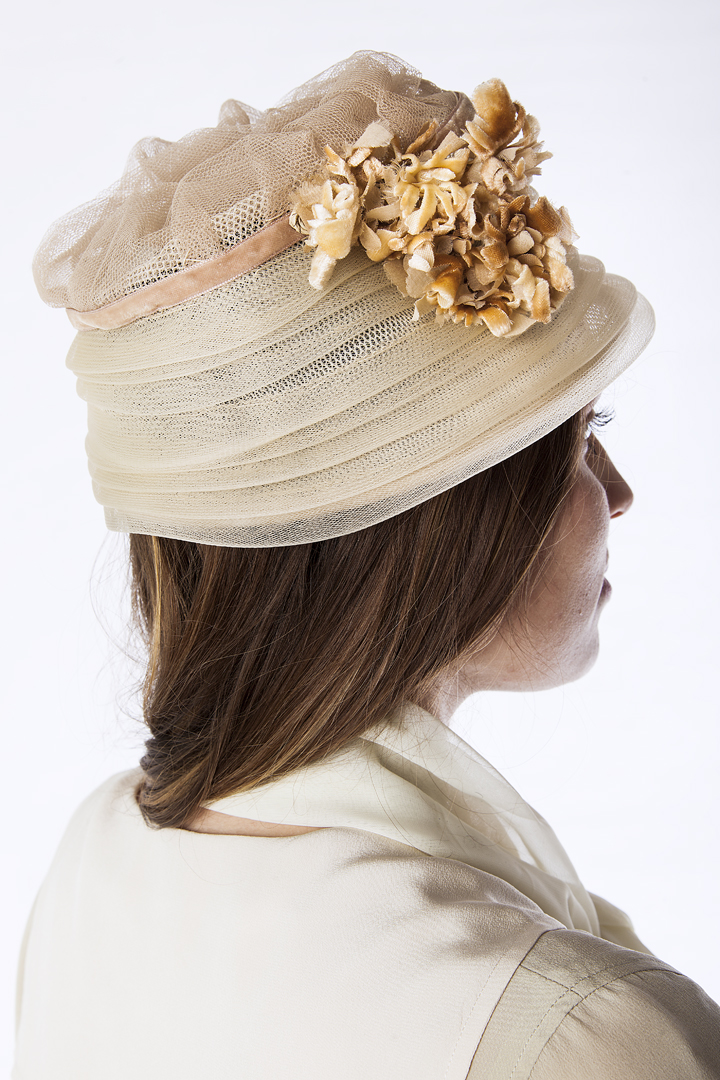
Predicting ever-greater prosperity, he said, "We shall soon, with the help of God, be in sight of the day when poverty will be banished from this nation." But then the stock market fell out from under him.

#1920s socialite free
The 1928 President-elect, Herbert Hoover, envisioned a private economy that would operate mostly free from government intervention. He is credited with awakening a vast army of immigrants in the big cities and with shifting African-American voters toward the Democrats. When the Democrats nominated Al Smith, an Irish-Catholic from New York's Lower East Side, for President in 1928, the party closed ranks behind him, but economic prosperity and anti-Catholic sentiment kept Smith from being elected. His reply: "No." Still, a divisive Democratic Party helped the incumbent win the election by 7 million votes.

Nicknamed "Silent Cal," Coolidge was asked during the 1924 election if he had anything to say about the world situation. Harding's sudden demise meant his Vice President, Calvin Coolidge, held the top office. Corruption in the Harding administration (video).After Harding died of a stroke while still in office in 1923, the Teapot Dome scandal broke, revealed that private oil companies had been draining oil from federal lands. However, his administration was stacked with corrupt officials who gave kickbacks to the Justice Department and the Veterans Bureau. He pardoned Eugene Debs, the imprisoned Socialist Party leader he persuaded the steel industry to enact an 8-hour workday and he helped slow down the arms race.
#1920s socialite series
Best known for a series of outrageously corrupt political scandals, Harding's presidency was not without its merits. Under Harding, government's previous efforts to regulate business practices were relaxed in favor of a new emphasis on corporate partnerships. Harding, a Republican Senator from Ohio, was elected President in 1920. No new opportunities in the workplace arose, and the momentum of the women's movement at the beginning of the decade was eventually swallowed by the rise of consumer culture. With the passage of the 19th Amendment, women were given the right to vote in 1920, but voting remained an upper- and middle-class activity. Woman celebrating the passage of the 19th Amendment. In his Pulitzer Prize-winning editorial, he wrote: "If there is freedom, folly will die of its own poison."
#1920s socialite for free
William Allen White, a small-town editor in Emporia, Kansas, crusaded against the Klan and for free speech. He was charged with mail fraud, jailed and deported. Garvey preached black pride, segregation and a return to Africa, but the decade's currents of white supremacy overpowered him.

Marcus Garvey, the "Black Moses," led a national movement whose theme was the impossibility of equal rights in white America. Nationwide membership of the Klan fell to just 45,000 in five years. When David Curtis Stephenson, Indiana's head Klansman, was convicted of kidnapping and sexual assault in 1925, indictments and prosecutions of Klan-supported politicians on corruption charges followed. Senators, as well as many Representatives and local officials. Scott Fitzgerald wrote: "So we beat on, boats against the current, borne back ceaselessly into the past."ĭuring the early 1920s, the ranks of the Ku Klux Klan swelled to 4.5 million. While the victorious nations from the First World War enjoyed the spoils, resentment bred in Germany, setting the stage for future conflict. Jazz and tabloid journalism charted a new era of sensationalism focusing on sex and crime. Prohibition made alcohol illegal, while wild speculation in the stock market, along with unhealthy corporate structures, ensured the decade's relative prosperity would end in a Great Crash. The changing of sexual mores and gender roles marked a sharp separation from the Victorian past.

Social changes included the rise of consumer culture and mass entertainment in the form of radio and movies. New cultural attitudes towards race, immigration and evolution, along with changes in the social fabric, pitted the new cosmopolitan culture against more traditional and conservative ideals. Murphy, left, with his wife Sara and friends on a beach at Cap d'Antibes, the French Riviera, late 1920s.Profound cultural and social conflict marked the years of the 1920s. Description GERALD MURPHY (1888-1964) American painter, socialite and businessman.


 0 kommentar(er)
0 kommentar(er)
